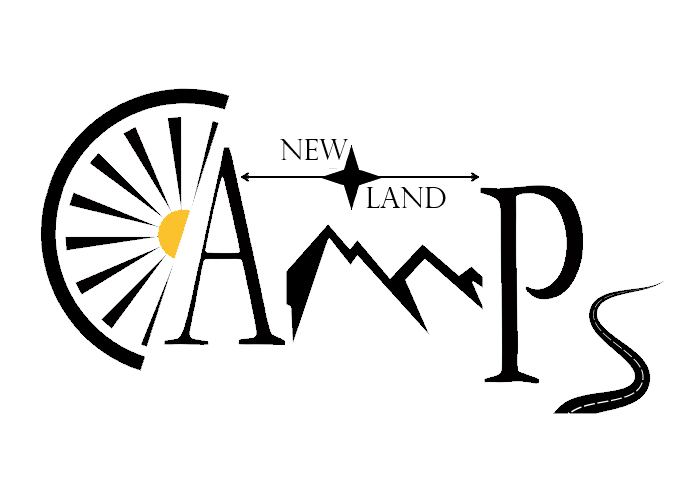Science, Technology, Engineering, Arts, and Media competence will prepare officers to be lifetime leaders, learners, and educators in the five areas of study that promote creativity and out of the box thinking. Collaboration on a group project will demonstrate this competence by the end of the training week.
Simulations put officer candidates into live, life-like situations where they will practice leadership skills and strategic thinking. Each daily simulation is designed to promote collaboration, physical health, and mental acuity.
Each person steps into leadership with their own life experiences and philosophy. Training week will be an opportunity for candidates to explore their personal reasons for and philosophy of leadership. Leadership skills will be practiced as part of each activity as each person comes to understand what it means to be a role model for others.
As a participant in the Officer Candidate Training (OCT), trainees will have the opportunity to become CITs for Project: Interstellar. Officer status will open specialized training opportunities and will prepare youth for future career and personal goals as a leader. Whether as an officer in the military, a business leader, or an effective self-leader.
Each officer in the ISF is expected to learn at least one area of specialization. Areas of specialization include at least one science focus and one skills focus. These specializations will be a deep dive into understanding the principles behind the science and how to apply them in building, repairing, planning, and performing this specialization in the real world.
ISF Officers will be contributors designing the future of the ISF program. This means that officer will be key in creating the culture, the community, the atmosphere, and the physical infrastructure of IFS Command and Control Operations Center. Experiences in contributing to the larger community and participating in wider community conversations will prepare officers to be leaders no matter where they are in life or what their goals are.
